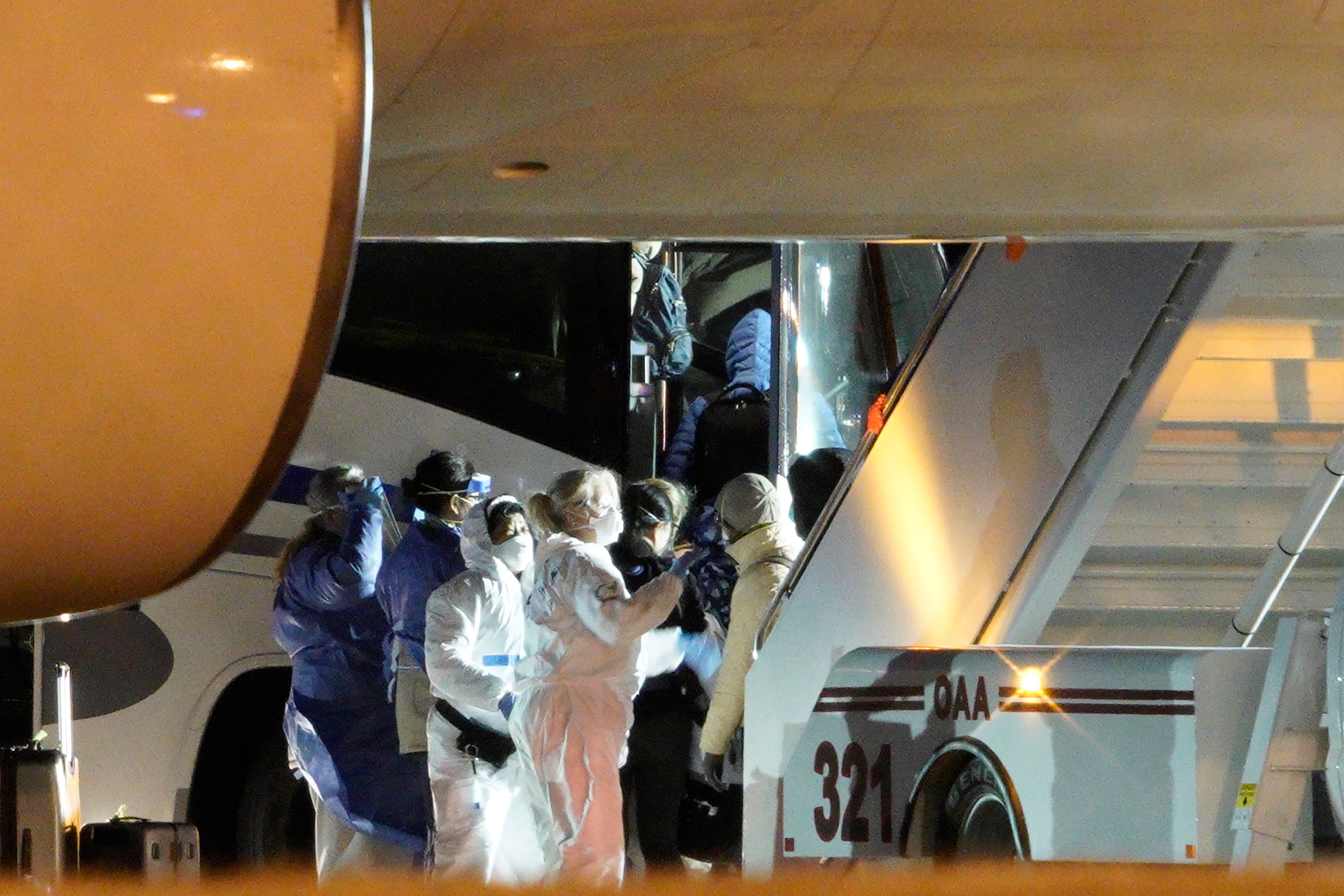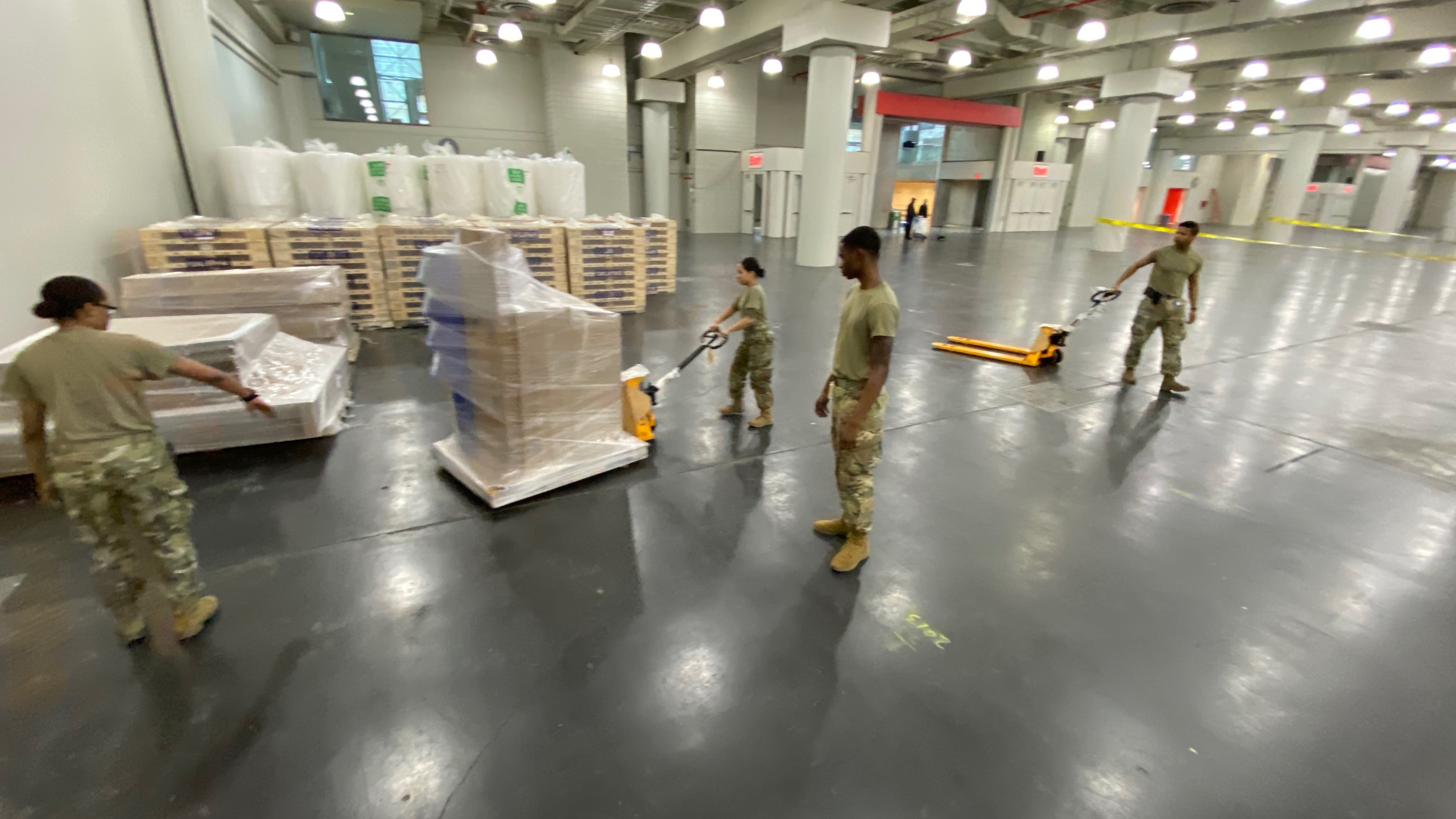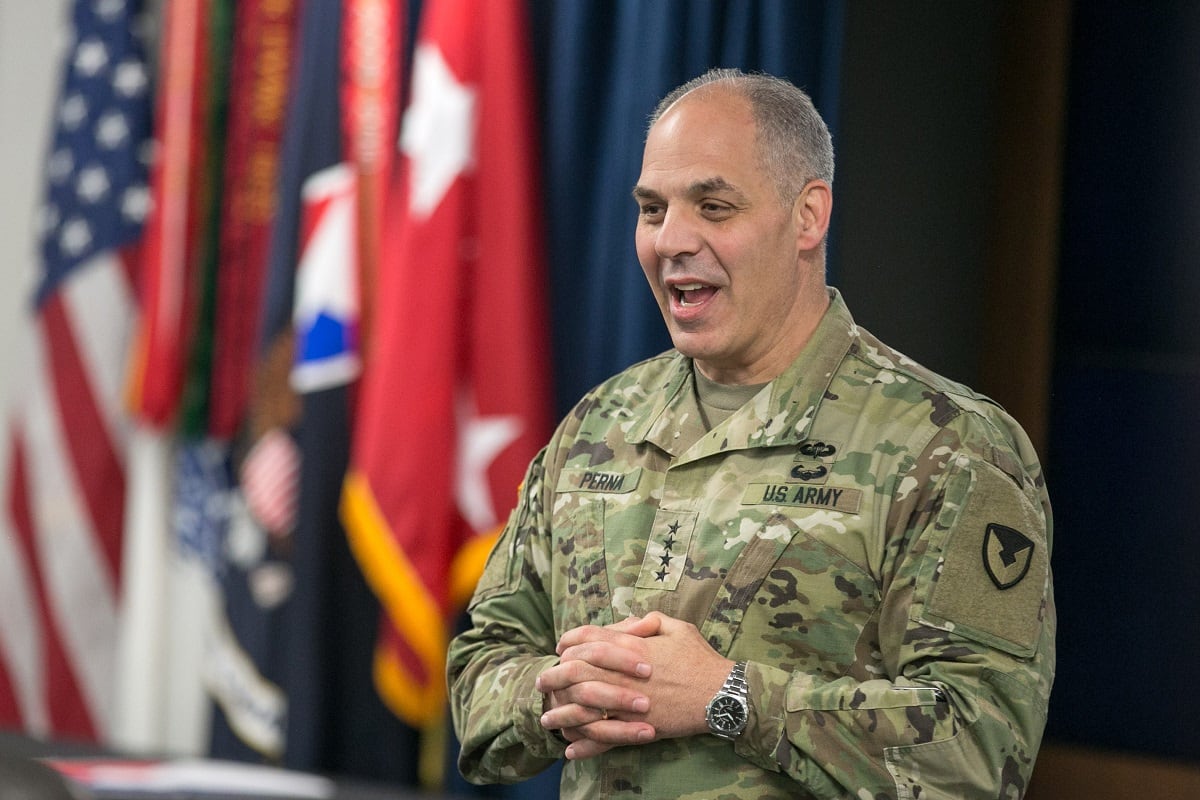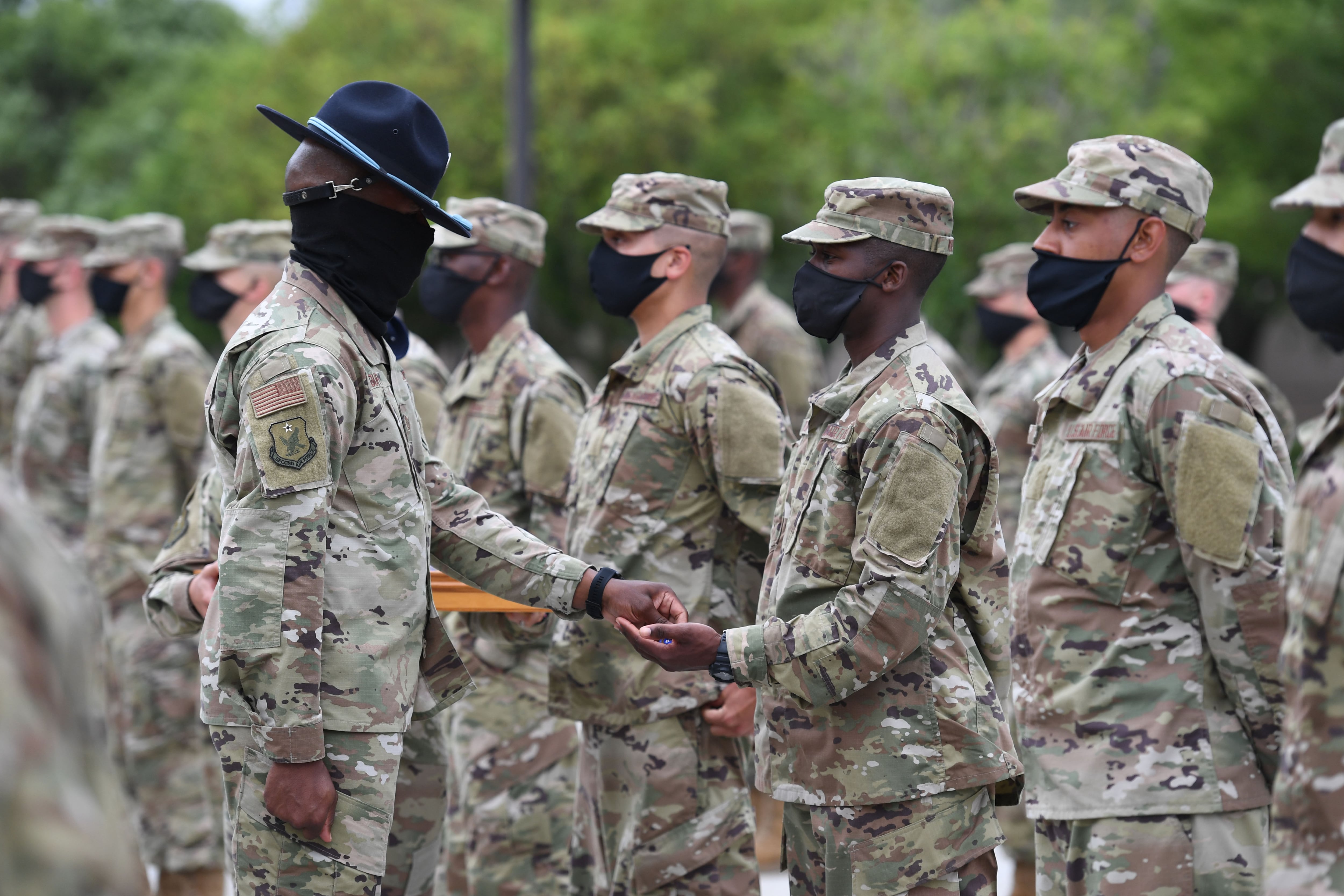Defense Secretary Mark Esper declared Friday that a government task force charged with developing a COVID-19 vaccine would have a widely available injection by the end of the year. But a leaked Pentagon memo shows that behind the scenes, senior leadership have been planning for the possibility that the services could be contending with coronavirus until well into next year.
The memo, first reported by Task and Purpose, warns of not only a resurgence of the virus, but the “real possibility” that a viable vaccine won’t be available until “at least the summer of 2021.”
“Therefore, we must now re-focus our attention on resuming critical missions, increasing levels of activity, and making necessary preparations should a significant resurgence of COVID-19 occur later this year," the memo reads, though it doesn’t bear Esper’s signature.
RELATED

Kenneth Rapuano, assistant secretary of defense for homeland defense and global security, prepared the memo, Task and Purpose reported.
“We can confirm we continue to develop plans that address operating in the COVID-19 environment,” Pentagon spokesman Chris Garver told Military Times on Tuesday, though he could not confirm the specific memo draft. “Senior DoD officials have discussed the development of a plan to reduce Health Protection Conditions around the world and continue the 2020 summer move cycle safely. The plans have not been approved by senior DoD leaders yet, and we’re not going to discuss what might be in the final version of those plans.”
The memo details requirements for expanded testing, surveillancing and contact tracing procedures, while at the same time preparing for new outbreaks, shortages of personal protection equipment and insufficient immunity to the virus into summer 2021.
“All indications suggest we will be operating in a globally-persistent COVID-19 environment in the months ahead,” the memo reads. “This will likely continue until there is wide-scale immunity, through immunization, and some immunity post-recovery from the virus.”
Concerns have been rising that re-infection, as well as an evolving definition of recovery, could be part of that threat, as aircraft carrier Theodore Roosevelt sailors previously cleared of COVID-19 have since re-tested positive.
RELATED

Columbia University research released in late April found that in the viruses responsible for past coronavirus epidemics, including Severe Acute Respiratory Syndrome and Middle East Respiratory Syndrome, did not result in full immunity after an infection.
"The evidence from endemic coronaviruses suggests that immunity is short-lived and re-infection is common within one year, with symptom severity possibly more a function of genetics than the presence or absence of antibodies,” environmental health scientist Jeffrey Shaman said in an April 29 release. “Research on endemic coronaviruses, along with findings for SARS and MERS, provide context for understanding protective immunity against repeat SARS-CoV-2 infections.”
Operation Warp Speed
The Pentagon’s plans have quickly accelerated since the memo was drafted, with rollout of an asymptomatic testing plan, as well as the Friday announcement of Operation Warp Speed, a multi-agency effort to develop a vaccine, headed up by Army Materiel Command boss Gen. Gus Perna.
RELATED

“We will deliver, by the end of this year a vaccine, at scale, to treat the American people and our partners abroad,” Esper said Friday at the White House.
That statement was in stark contrast to briefings earlier this year by top U.S. health officials, explaining that vaccine development is generally anywhere from a 12 to 18-month process.
That includes officials from the Army Medical Research Institute of Infectious Diseases, who told reporters in March that the lab was preparing to begin testing a vaccine base ― a delivery formula, but with no live virus ― and that it would be the better part of the year before human trials on a vaccine could begin.
On Friday, Pentagon spokesman Jonathan Hoffman clarified to reporters that the end-of-year timeline is a goal, and that Operation Warp Speed will surge government efforts to meet it.
Meghann Myers is the Pentagon bureau chief at Military Times. She covers operations, policy, personnel, leadership and other issues affecting service members.





